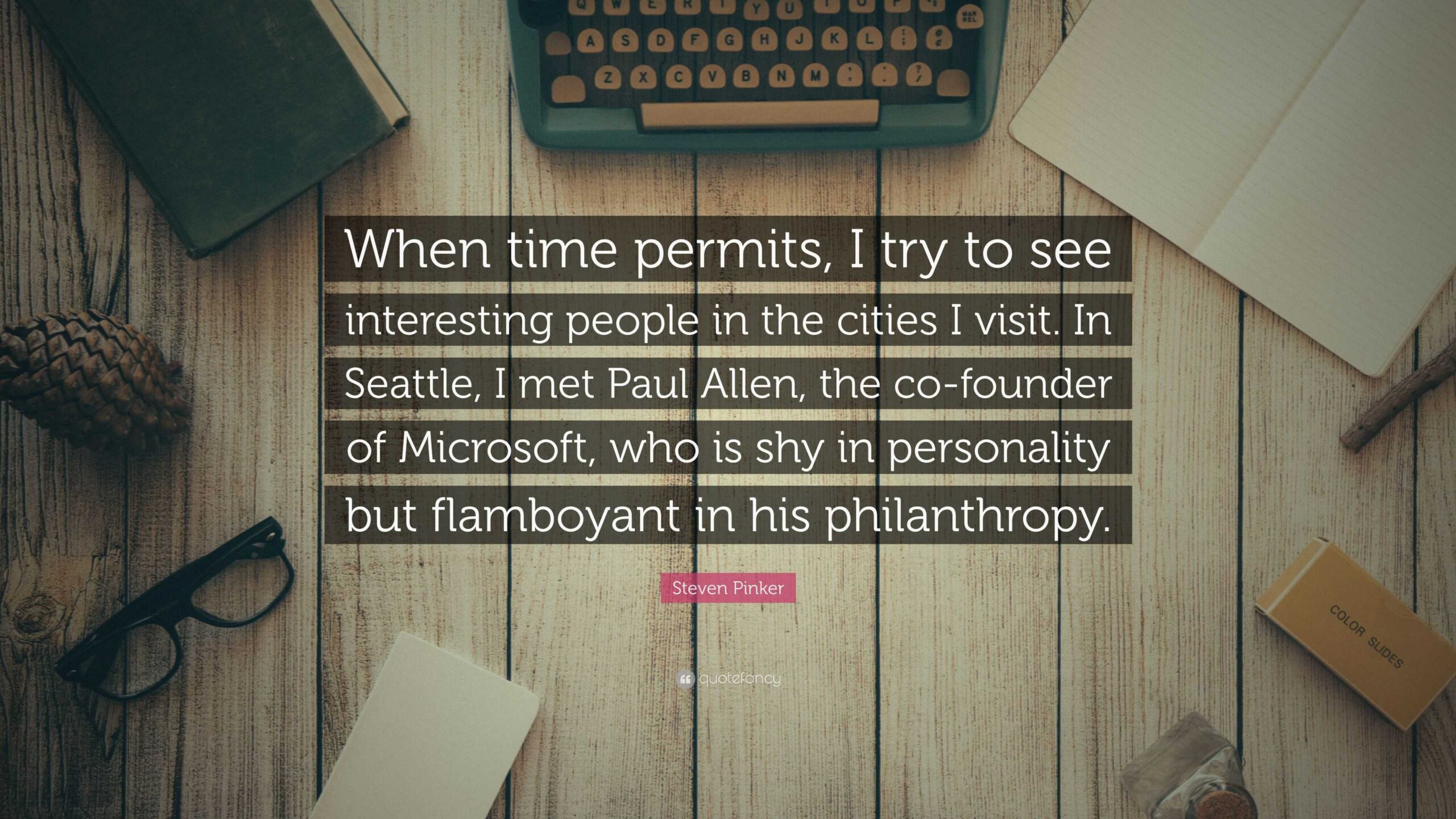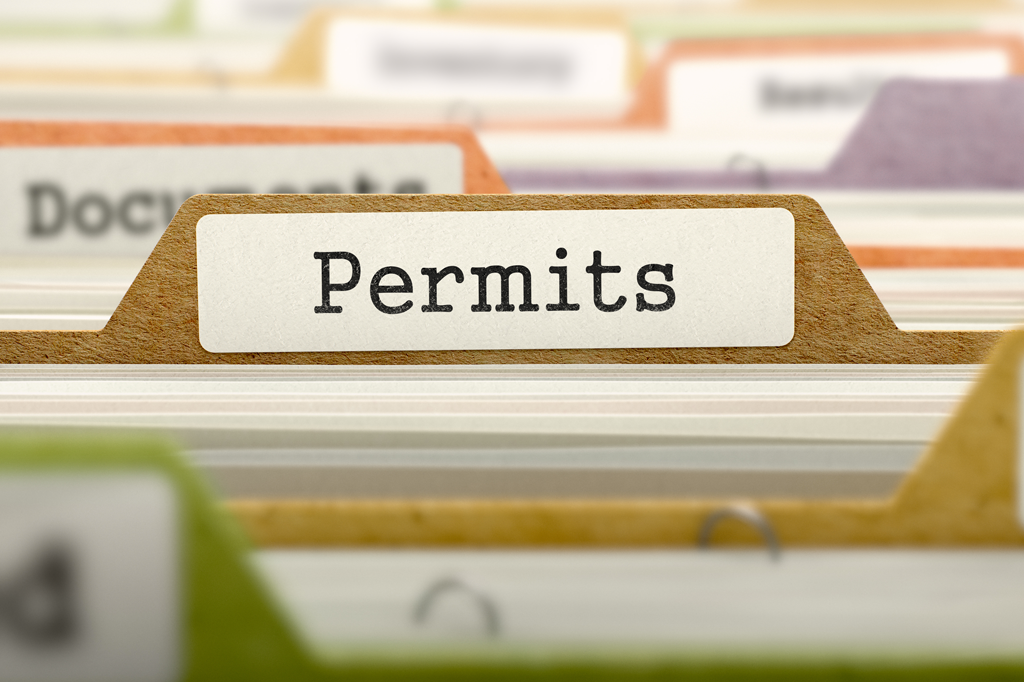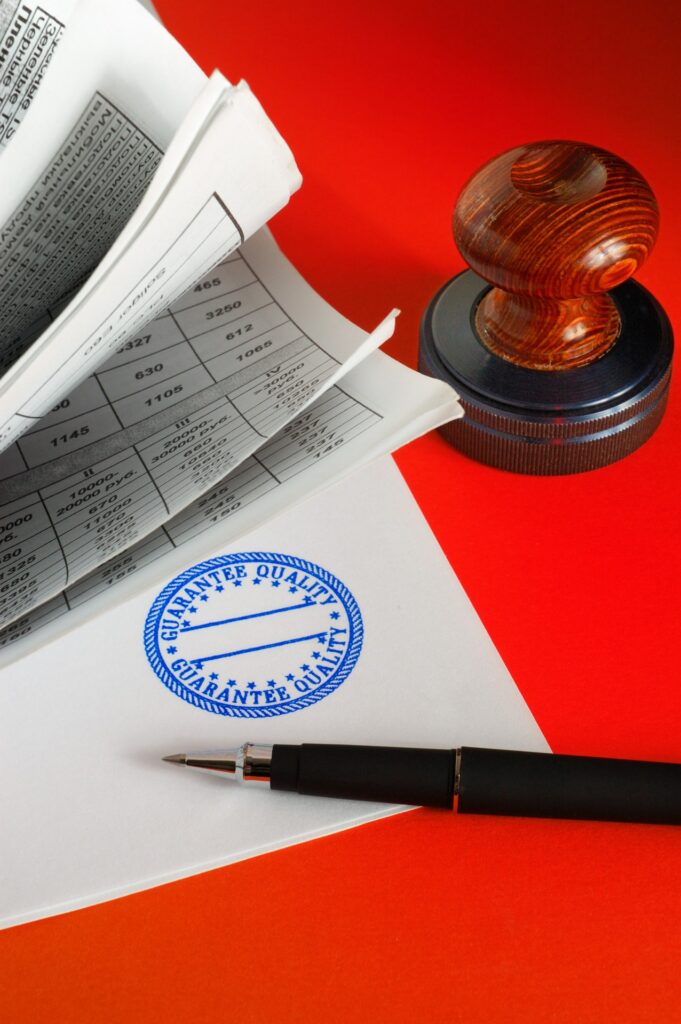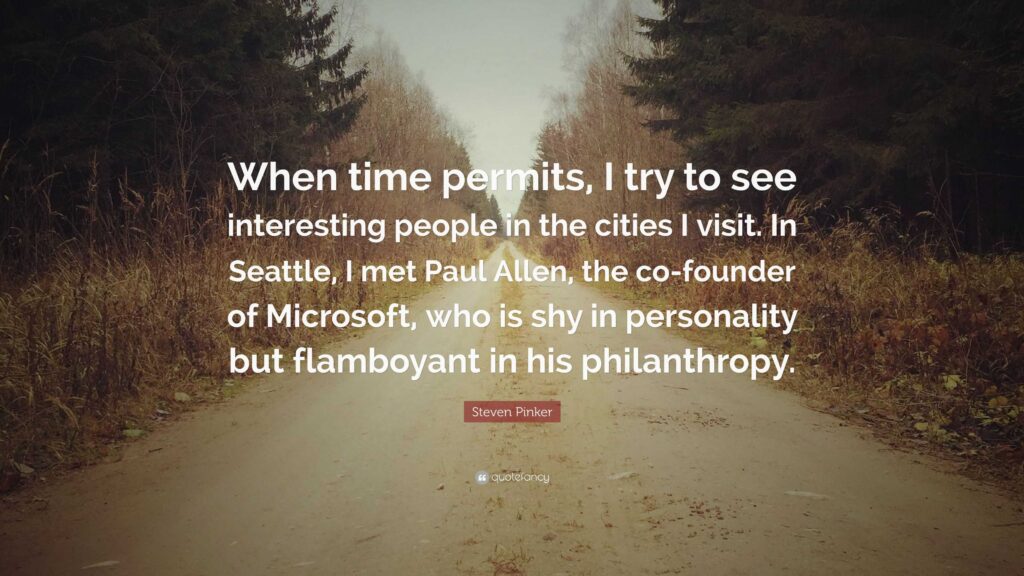Exploring More: Time Permitting best Your Busy Day

Time permitting is a phrase we often use when we talk about doing things if we have enough time. In our busy lives, finding time for everything we want to do can be a challenge. Let’s delve into what “time permitting” really means and how we can make the most of our time when we have it.
Ever wondered about “time permitting”? It’s all about making space in our schedules to do things we want to do. In our busy lives, finding time for everything can be tough. Let’s see how we can make the most of our time when we have it.

What Does “Time Permitting” Mean Exactly?
“Time permitting” means doing something if we have enough time. It’s like saying, “If there’s room in my schedule, I’ll do it.” It’s about being flexible and understanding that our time is limited. When we say “time permitting,” we’re recognizing that some things might not get done if we run out of time. It’s a polite way to say we’ll do it if we can. Remember, it’s important to manage our time well so we can fit in the things that matter most.
Why Is Time Management Important?
Time management means planning out your day so you can get everything done. It’s like having a map for your time! When we manage our time well, we can do more of the things we enjoy. Time management helps us prioritize tasks. If we don’t manage our time well, we might run out of time for fun things like playing or reading. So, it’s important to use our time wisely and plan ahead. With good time management, we can say “time permitting” less often because we’ll have more control over our schedule.
Tips for Making Time for Important Tasks
Making time for important tasks means deciding what’s most important and doing those things first. One tip is to make a list of what needs to be done each day. Another tip is to break big tasks into smaller ones. This way, they don’t feel so overwhelming! Remember, it’s okay to say no to things that aren’t as important right now. By focusing on what’s important, we can use our time wisely and get more done.
Setting Priorities When Time Is Limited
Setting priorities means deciding which tasks are most important to do first. It’s like putting the most important things at the top of your list. When time is limited, it’s important to know what needs to be done right away and what can wait. By setting priorities, we can make sure we’re using our time for the things that matter most.
`What Does “Time Permitting” Mean?
Have you ever wondered why adults sometimes say, “time permitting”? It means if there’s enough time to do something. So, when we talk about doing things “time permitting,” it means we’ll do them if we have enough time left after other important stuff. It’s like making a plan and seeing if there’s room for extra fun or learning!
When we plan our day, we decide what’s most important to do first. If we finish those things early, we might have time permitting to do something we really enjoy, like playing with friends or drawing pictures. It’s all about using our time wisely!
Plan Your Day Ahead!
Planning your day ahead means making a list of things you need to do. You can write it down or draw pictures to remind you. Start with important things like homework or helping at home. Then, you can see how much time permitting you have for playing games or reading your favorite book. Planning helps you stay organized and makes sure you don’t forget anything important.
Remember, when you plan your day, you can also plan breaks. These breaks are time permitting moments to relax and have fun before getting back to work or chores. It’s like a mini vacation in your day!
Setting Goals for Fun and Learning
Setting goals means deciding what you want to achieve. It could be finishing a puzzle, learning a new word, or practicing your favorite sport. When you set goals, you use your time permitting moments to work towards them. For example, if you want to learn a new dance move, you might practice it during your free time after finishing your schoolwork.
Goals can be big or small, but they help you stay focused and feel proud when you achieve them. They also make sure you make the most of your time permitting moments by doing things that make you happy and help you learn new things!
Making Time for Friends and Family
Friends and family are important parts of our lives. When you have time permitting moments, it’s great to spend them with the people you love. You can play games with your siblings, have a chat with your parents, or even call your grandparents to say hello.
Spending time permitting moments with friends and family helps you build strong relationships and create happy memories together. It’s like adding extra sunshine to your day!
Understanding “Time Permitting”
Have you ever heard grown-ups say, “if time permits”? It means if there’s enough time for something after doing other important things. So, when we talk about activities “if time permits,” it means checking if there’s enough time left for extra fun or learning. It’s like planning to see if there’s space for more cool stuff in your day!
When we plan our day, we decide what to do first. That way, if we finish early, there might be time to do things we really like, like playing with friends or doing artwork. It’s all about using our time wisely!

Tips for Planning Your Day
Planning your day helps you stay organized and make sure you don’t forget important stuff. You can write down what you need to do or draw pictures to remind you. Start with important things like schoolwork or helping at home. Then, you can see how much time there is left for playing games or reading your favorite book. Planning ahead makes it easier to know what’s coming up next and gives you a chance to fit in fun activities.
Remember, when you plan your day, you can also plan breaks. Breaks are times to relax and have fun, like playing outside or listening to music. It’s important to have time for both work and play!
Setting Fun Goals
Setting goals means deciding what you want to achieve. It could be finishing a puzzle, learning a new game, or practicing a sport you love. When you set goals, you use your spare moments to work towards them. For example, if you want to learn a new dance move, you might practice during free time after finishing your homework.
Goals can be big or small, but they help you stay focused and feel proud when you achieve them. They also make sure you make the most of your day by doing things that make you happy and help you learn new skills!
Making Time for Friends and Family
Friends and family are important parts of our lives. When you have free time, it’s great to spend it with the people you care about. You can play games with your siblings, talk with your parents, or even call your grandparents to say hello.
Spending time with friends and family helps you build strong relationships and create happy memories together. It’s like adding extra sunshine to your day!
These sections provide a structured approach to managing time effectively while maintaining a fun and educational tone suitable for young readers. Each paragraph introduces the concept and encourages positive habits in a straightforward manner, ensuring engagement and understanding without overwhelming with complex ideas.
Using Time Wisely
Using time wisely means making good choices about how to spend your day. It’s about balancing schoolwork, chores, and fun activities. When you have free moments, think about what you enjoy doing the most. Maybe you love drawing, playing with toys, or exploring outside. By using your time wisely, you can fit in all the things that make you happy and help you grow!
Remember, it’s okay to take breaks and relax too. Time management isn’t just about being busy all the time. It’s also about enjoying the moments you have, whether you’re learning something new or having fun with friends.
Creating a Daily Routine
A daily routine is like a plan for your day that you follow every day. It helps you know what to expect and what you need to do next. Start by waking up at the same time every day and getting ready for school or activities. Then, make time for meals, schoolwork, playtime, and bedtime.
Having a routine can make it easier to manage your time because you know what’s coming up and what you need to do. It also gives you structure and helps you stay organized. Plus, routines can be fun too, especially when you add in activities you enjoy during your free moments!
Learning to Say “No” Sometimes
Sometimes, we want to do everything, but it’s important to know when to say “no.” Saying “no” means politely telling someone that you can’t do something right now because you have other plans or responsibilities. It’s okay to say “no” when you need to focus on schoolwork, chores, or just need some quiet time.
By learning to say “no” when necessary, you can prioritize your time and make sure you have enough time for the things that matter most to you. It’s about finding a balance between saying “yes” to fun activities and knowing when it’s okay to say “no” to stay on track.
Rewarding Yourself
Rewarding yourself means celebrating when you’ve achieved something or done a great job. It could be finishing your homework, helping out at home, or practicing a new skill. When you reach your goals or do something well, it’s important to take a moment to pat yourself on the back and feel proud of what you’ve accomplished.
You can reward yourself by doing something you enjoy, like playing a game, reading a book, or spending extra time with friends. It’s a way to recognize your hard work and dedication and motivate yourself to keep doing your best.
These additional sections provide practical advice and encouragement for kids to make the most of their time while fostering positive habits and self-awareness. Each heading introduces a new concept or strategy, emphasizing the importance of balance, routine, and self-care in managing time effectively.

Conclusion
Managing your time can seem tricky at first, but with a little planning and smart choices, you can make every day awesome! Remember, “time permitting” means making room for fun and learning after you’ve taken care of your important tasks. Whether it’s finishing homework, helping at home, or practicing a hobby, using your time wisely means you get to do more of what you love.
By creating a daily routine, setting goals, and learning when to say “no,” you’re taking big steps towards being in charge of your time. And don’t forget to reward yourself for your hard work! Celebrate your achievements, big or small, because each moment you manage well is a step towards becoming even better at balancing your day. Keep up the good work, and enjoy making the most of your time permitting adventures!





